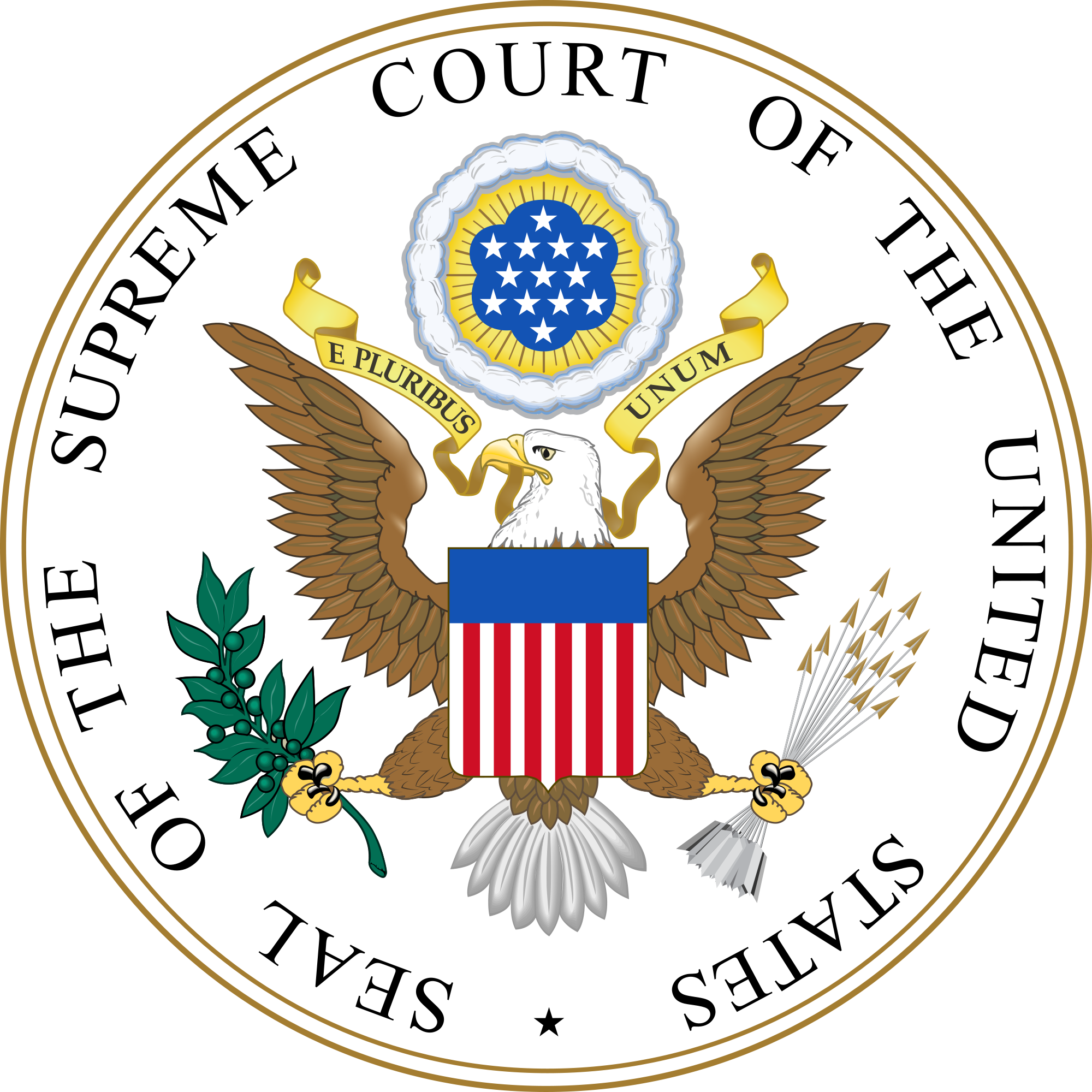OSHA COVID Standard Struck Down by Supreme Court

On Thursday, January 13 the United States Supreme Court issued two key rulings with regards to pending vaccination mandates from OSHA and CMS (Centers for Medicare and Medicaid Services).
This is a mixed bag for construction employers.
-
With regards to OSHA’s “vaccinate-or-test” mandate, the Supreme Court found that the mandate exceeded OSHA’s authority:
“Although Congress has indisputably given OSHA the power to regulate occupational dangers, it has not given that agency the power to regulate public health more broadly. Requiring the vaccination of 84 million Americans, selected simply because they work for employers with more than 100 employees, certainly falls in the latter category.”
While the Supreme Court’s ruling is not a final decision on the merits (the matter had been returned to the Sixth Circuit Court of Appeals, but OSHA is stayed from enforcing the mandate), based on the Court’s reasoning, the writing is on the wall. If OSHA wants an enforceable Covid-19 vaccination mandate, it will have to be more specific and more narrowly tailored.
-
The opposite is true of the CMS mandatory vaccination mandate that applies to health care employers receiving funds from Medicare or Medicaid. The Supreme Court upheld the CMS mandatory vaccination rule, finding:
[W]e agree with the Government that the Secretary’ s rule falls within the authorities that Congress has conferred upon him. Congress has authorized the Secretary to impose conditions on the receipt of Medicaid and Medicare funds that “the Secretary finds necessary in the interest of the health and safety of individuals who are furnished services.” 42 U. S. C. §1395x(e)(9).* COVID–19 is a highly contagious, dangerous, and—especially for Medicare and Medicaid patients—deadly disease. The Secretary of Health and Human Services determined that a COVID–19 vaccine mandate will substantially reduce the likelihood that healthcare workers will contract the virus and transmit it to their patients. 86 Fed. Reg. 61557–61558. He accordingly concluded that a vaccine mandate is “necessary to promote and protect patient health and safety” in the face of the ongoing pandemic. Id., at 61613.
The rule thus fits neatly within the language of the statute.
Again, given the Court’s reasoning, it is unlikely that the pending lawsuits will be able to overturn the CMS vaccination mandates.
The final question is “Where does this leave contractors potentially covered by the federal contractor vaccination mandate?”
The 1949 Federal Property and Administrative Services Act (FPASA) gives the president the power to promote “economy and efficiency” in federal contracting. It is this law that the Biden Administration used to justify the sweeping requirement that federal contractors implement mandatory vaccination programs.
It is entirely possible that the Supreme Court will view the FPASA’s grant of authority similar to the authority it upheld in the CMS case – which means that the federal contractor vaccination mandates would be upheld.
It is too soon to know for sure, but potentially-covered federal contractors should strongly consider preparing to comply.
Andrew J. Martone | Hesse Martone, P.C.
